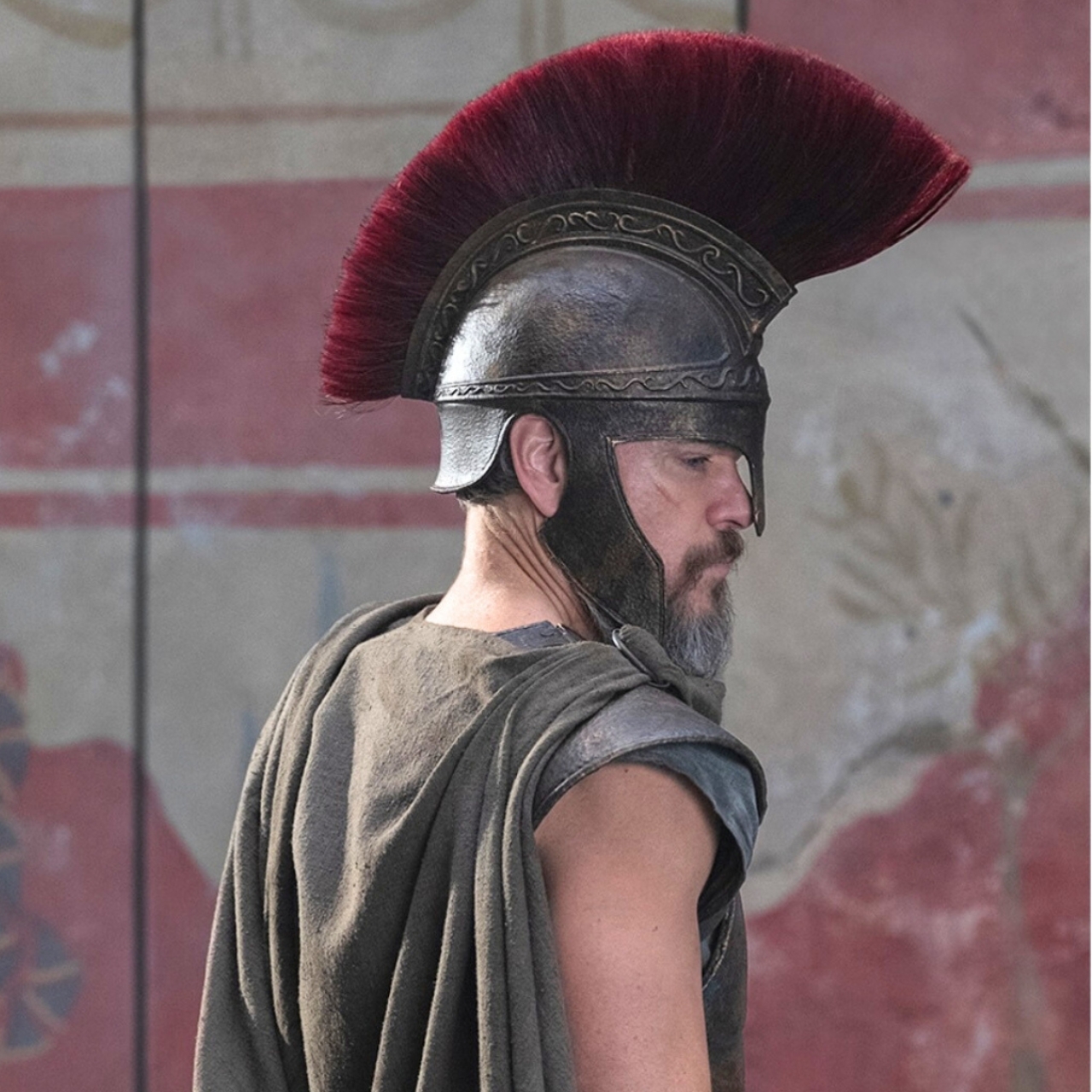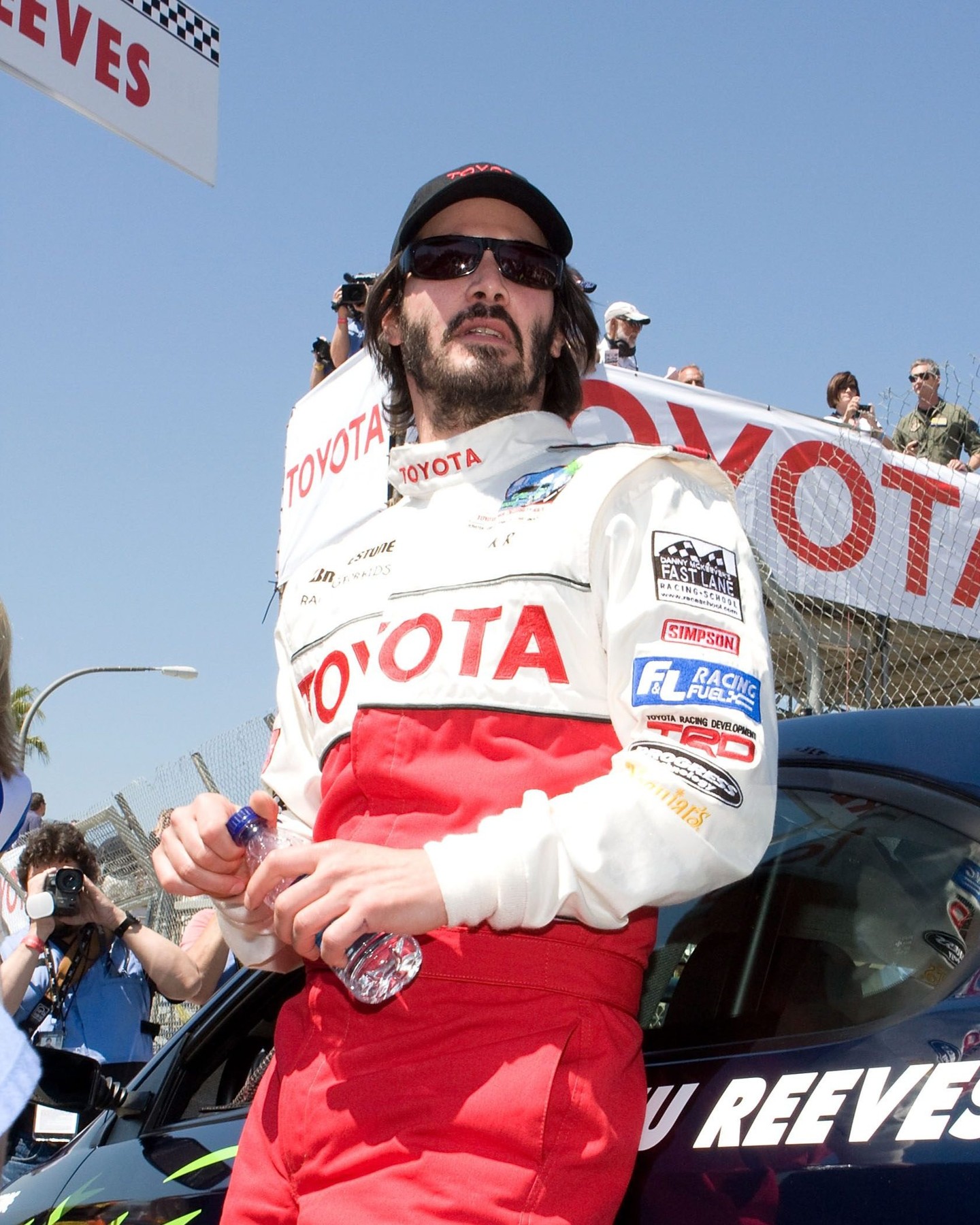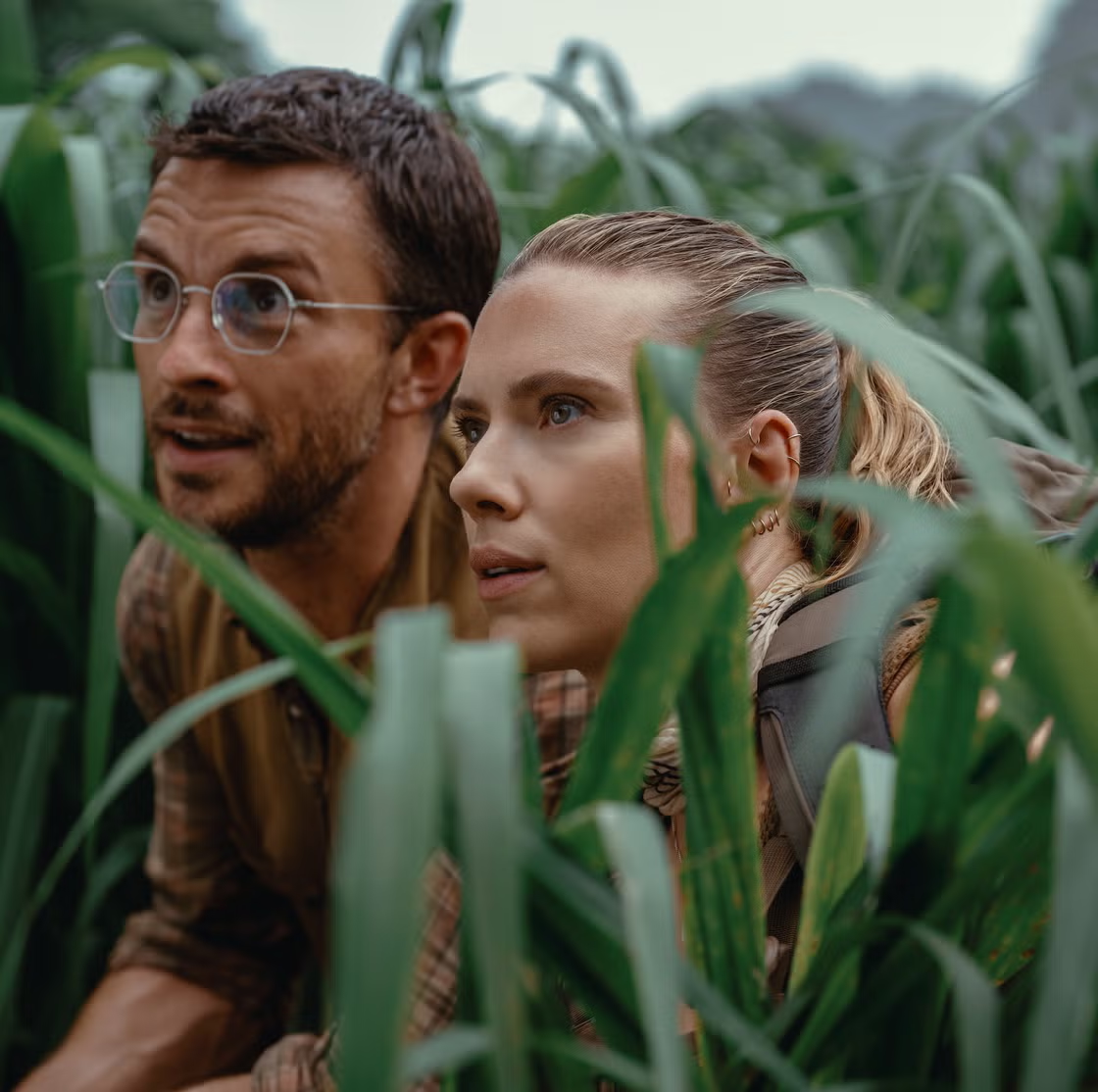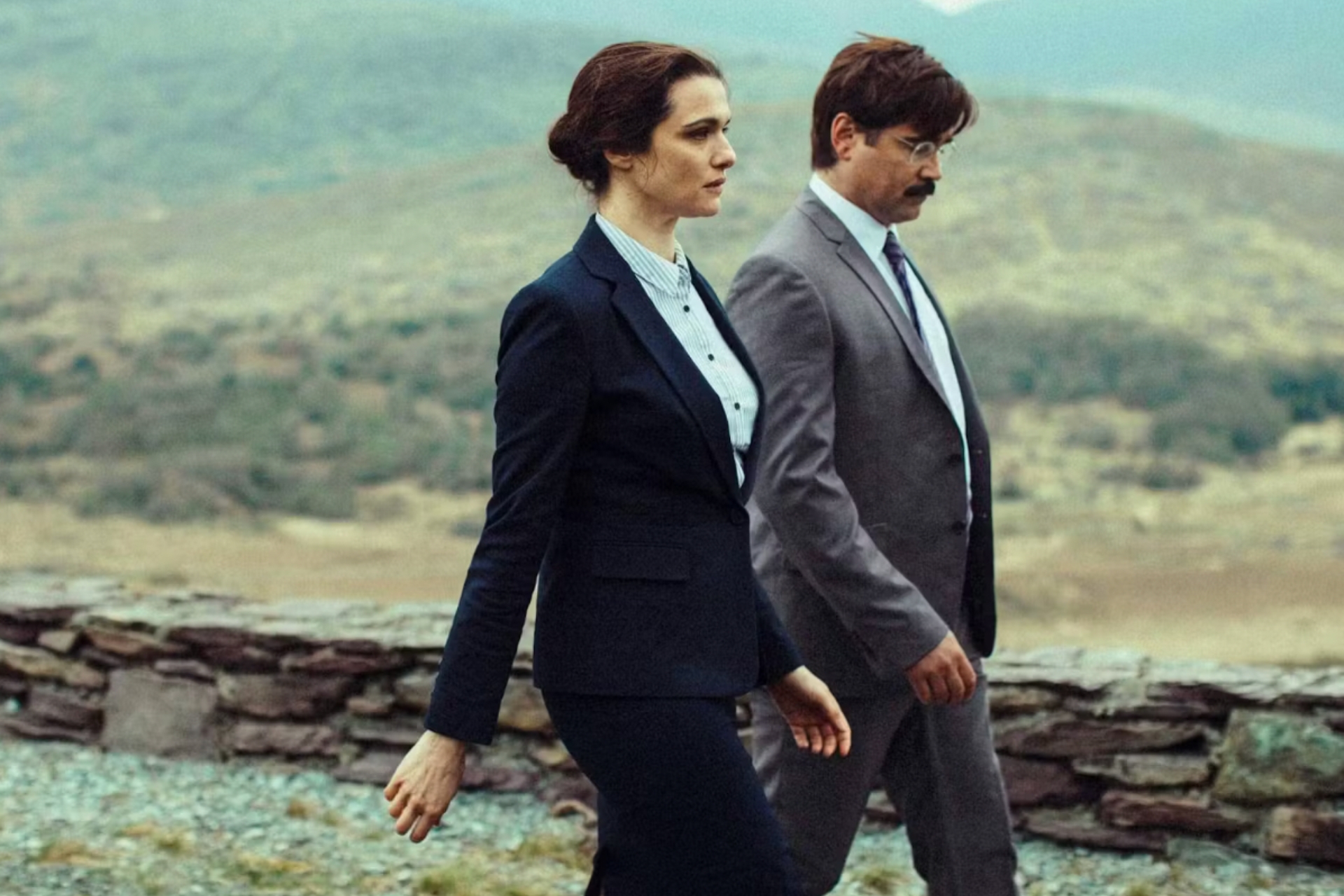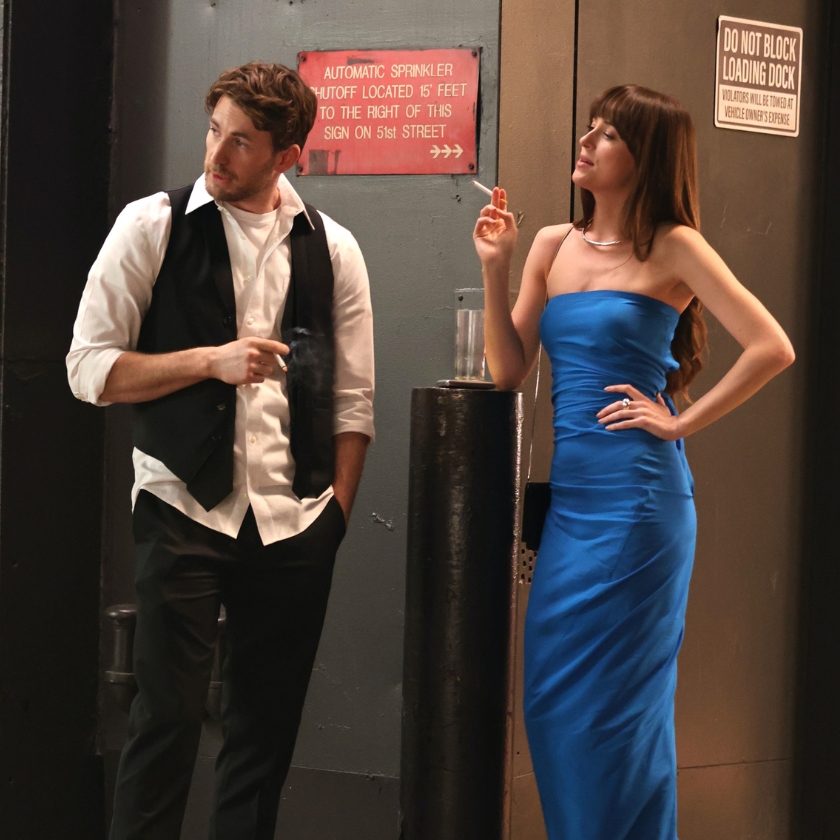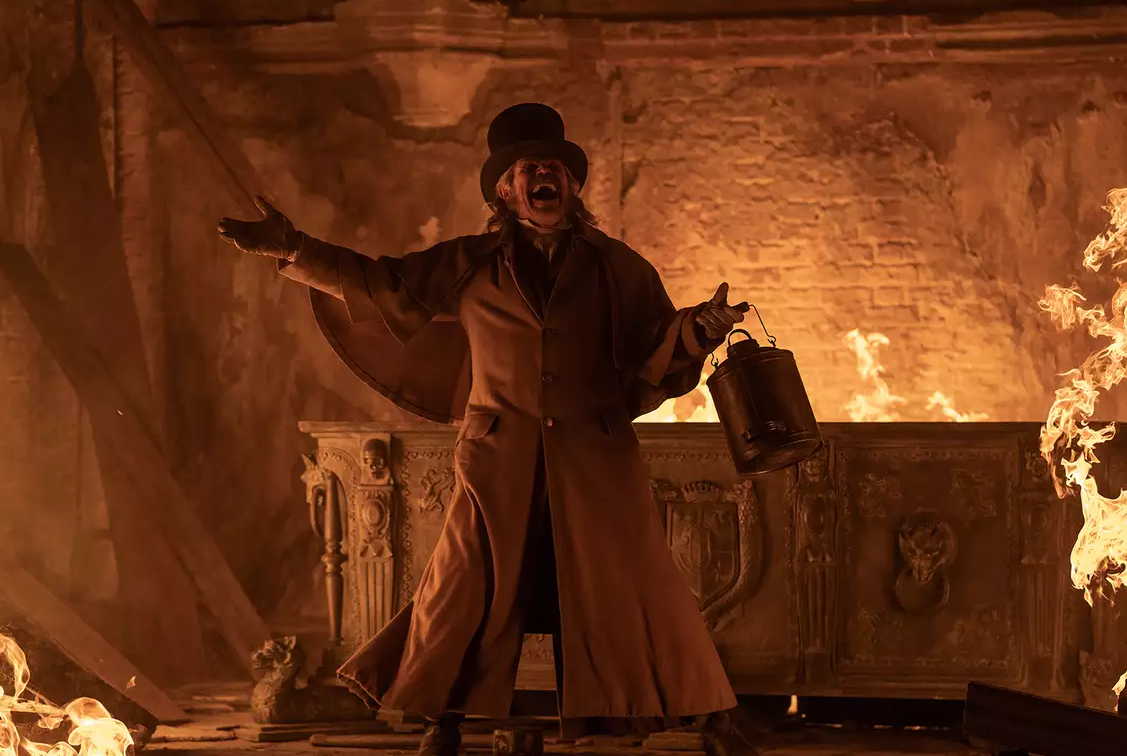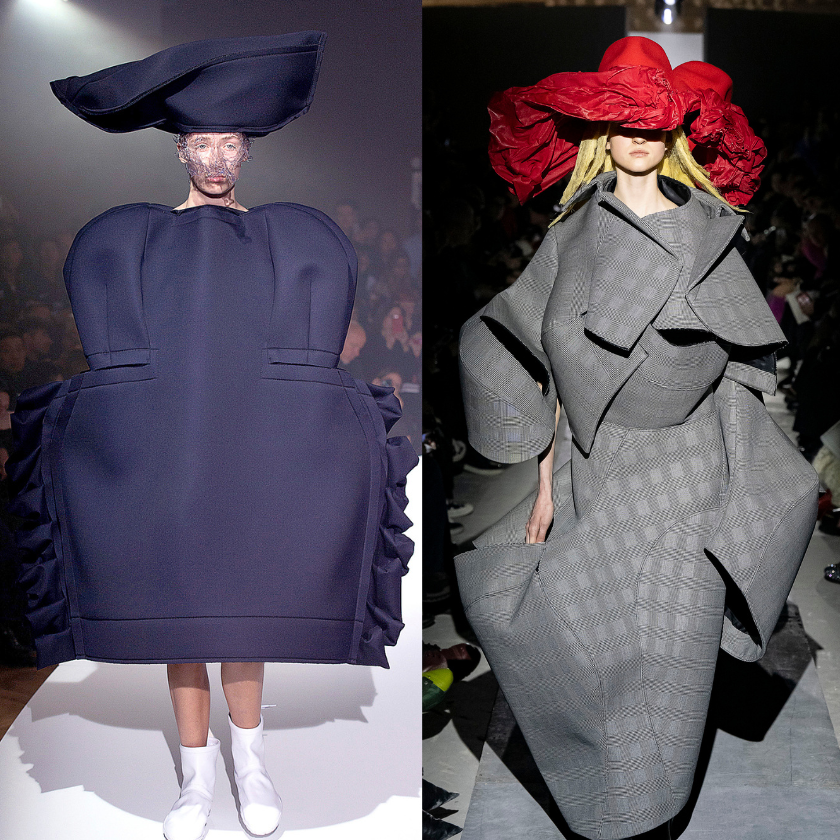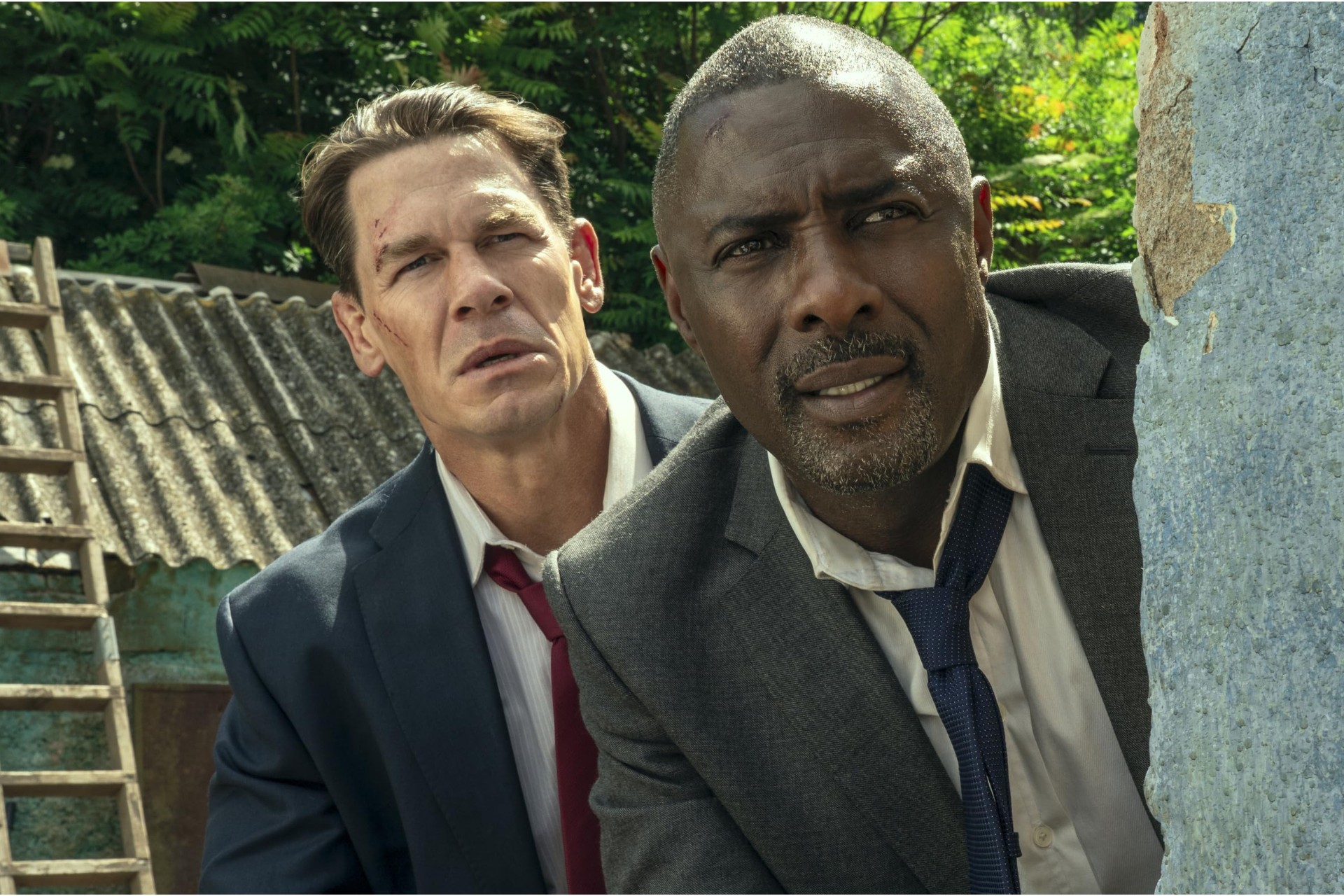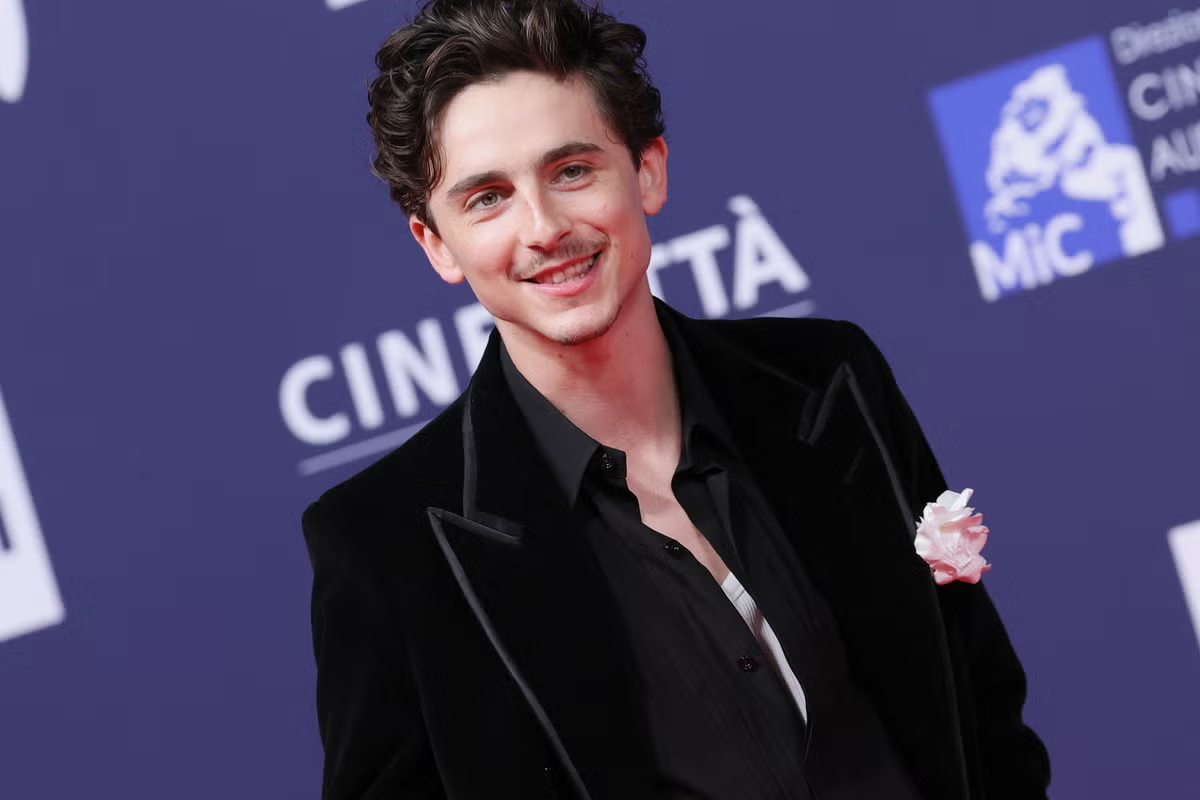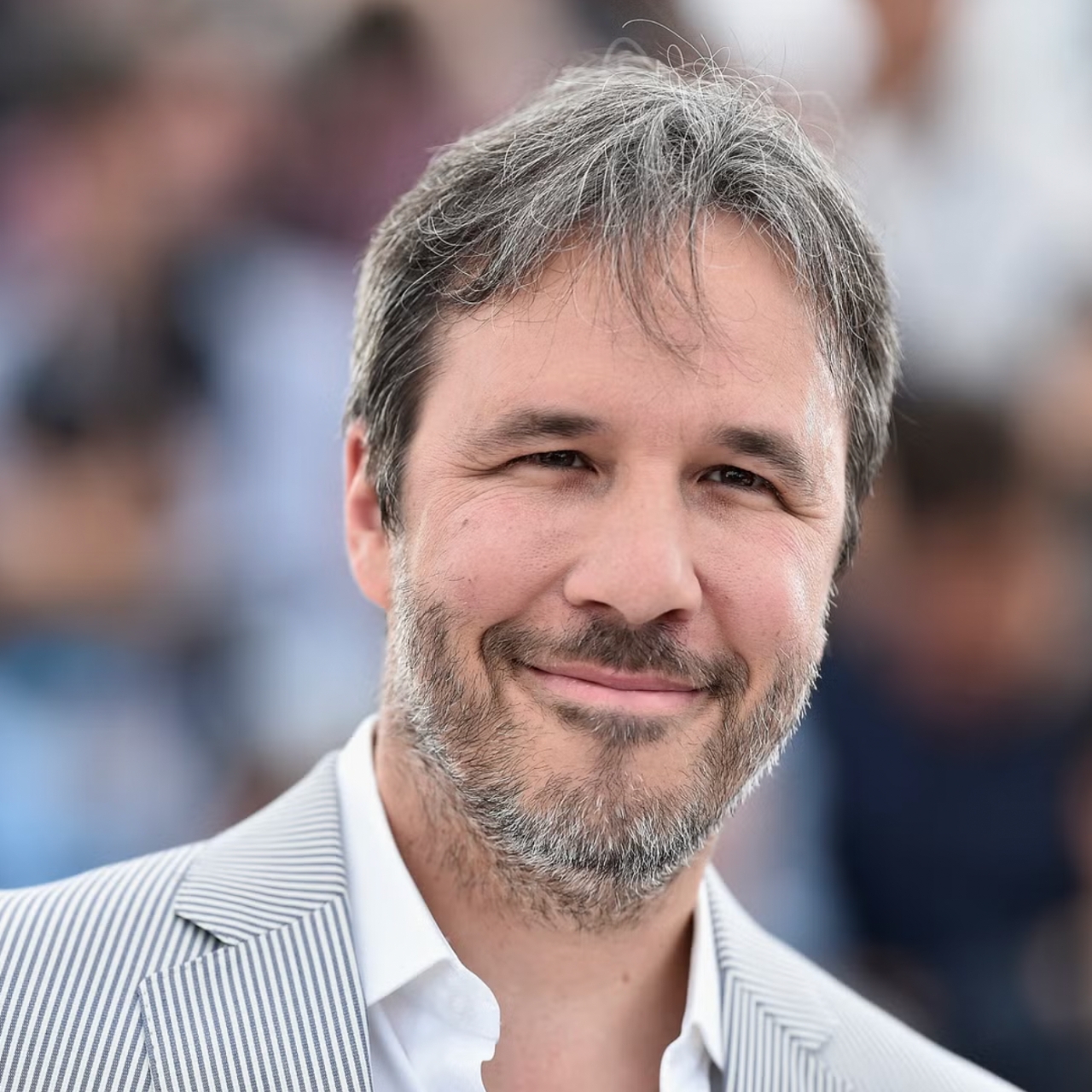AI is not a creative threat, says Charlie Brooker
Black Mirror creator tells SXSW Sydney he’s no longer worried about chatbots’ storytelling abilities. Hopefully, he’s right.
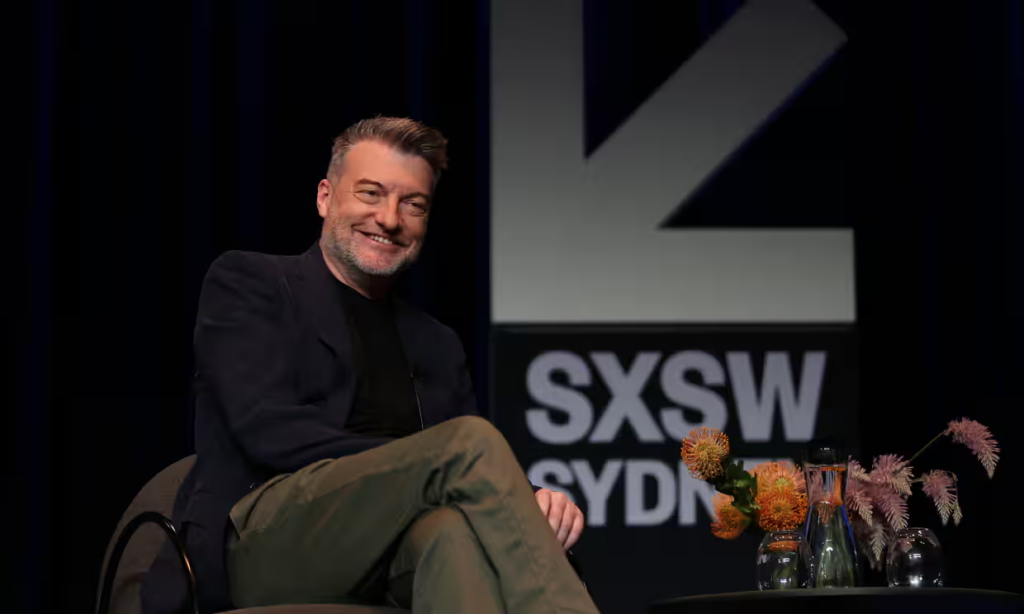
YOU MIGHT EXPECT the creator of Black Mirror, a show that has often foreshadowed potentially dark and dystopian consequences of our embrace of technology to be fearful of AI, but Charlie Brooker has told SXSW Sydney that ChatGPT is not messy enough to match human creativity.
“I said to ChatGPT , ‘Go give me an outline for a Black Mirror story’,” he told the crowd at a SXSW Sydney event on Wednesday.
“And as it’s coming through in the first couple of sentences you feel a cold spike of fear, like animal terror. Like I’m being fucking replaced. I’m not even gonna see what it does. I’m gonna jump out the fucking window. Then as it carries on you go, ‘Oh this is boring. I was frightened a sec ago, now I’m bored because this is so derivative’.”
Brooker added that as the chatbot’s output is content mined from the internet, it struggles to create truly original narratives.
“It’s just emulating something. It’s Hoovered up every description of every Black Mirror episode, presumably from Wikipedia and other things that people have written, and it’s just sort of vomiting that back at me. It’s pretending to be something it isn’t capable of being.”
Perhaps it’s no surprise that AI can’t yet match human creativity for it’s our frailties that often offer the richest seams of material for storytellers to mine. If machines are inherently optimised for excellence it’s conceivable that they might struggle to produce stories that compare to those that arise as a result of character flaws, trauma, neuroses, or insecurity and that they might struggle mightily with irony.
It is difficult to see a chatbot mastering edgy black humour, at least for now, though that doesn’t mean the next generation of machine-learning tools won’t be better placed to get dark and dirty.
Brooker’s comments will come as some relief to Hollywood writers who went on strike in part due to the potential existential threat posed by AI. Perhaps they have nothing to worry about.
But is Brooker right? And could his dismissal of AI’s creative abilities look like hubris, a very real human failing, in a few years’ time?
Right now there are many writers and creators, like Brooker, who have given ChatGPT and other AI tools a spin and been less than impressed by the results. Many cite AI’s lack of real-world experience and its inability to understand and convey the depth of human emotions as roadblocks in it becoming a rival to human creators. They also believe that due to its reliance on patterns, data and previously published or produced content, it will always struggle to create original narratives.
For its part AI agrees. When ChatGPT was asked to explain why AI will never fully replace a human storyteller it had this to say: “While AI can be a valuable tool to assist human storytellers and provide inspiration, it is unlikely to replace them completely. Human storytelling encompasses a rich tapestry of emotions, experiences, and cultural nuances that make it a deeply human and irreplaceable art form.”
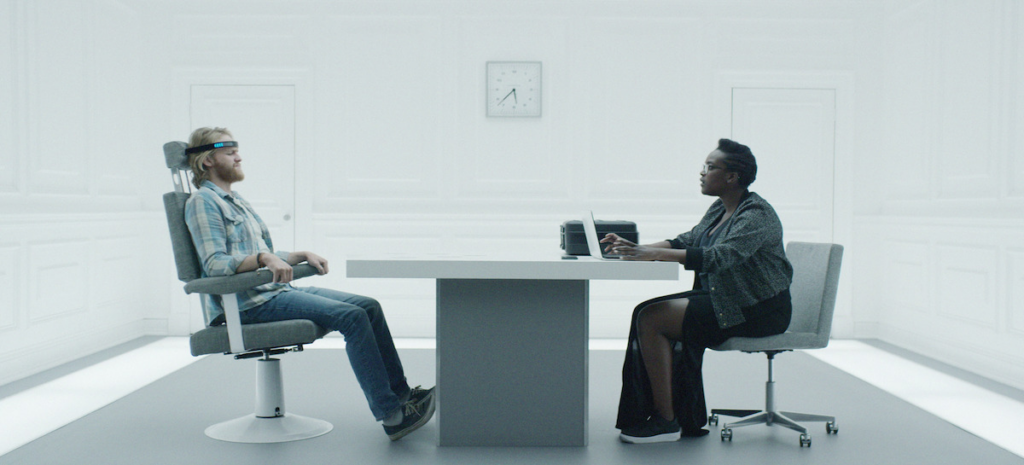
Of course, it is just parroting the arguments that humans have made against it by responding to a specific prompt, which proves their point, though if you asked it why it could replace humans as storytellers you would likely get an affirmative answer based on arguments made on the internet about its creative potential. Again, perhaps that proves the point.
Of course, much of human storytelling is already either derivative or in some cases blatantly rips off previous works so what’s the difference if AI does it? One of the greatest filmmakers of the modern era, Quentin Tarantino, is a pastiche merchant, liberally borrowing from cinematic classics and paying homage to those that came before him. He’s even faced criticism for ripping off plots entirely; his debut film, Reservoir Dogs, was accused of borrowing heavily from the Hong Kong film City on Fire. It certainly served as inspiration. Similarly, one of Martin Scorsese’s greatest films, The Departed, was a remake of the Hong Kong film, Infernal Affairs.
Hip-hop meanwhile, is a thoroughly postmodern artform in which samples and hooks are mashed together to create new beats. So, if human creators imitate and borrow from each other, can’t a machine do the same thing? If you ask it to create a Western that evokes Sergio Leone’s work with a dash of Django Unchained, could you not get something that is derivative but fresh, as so much of human-generated content is?
Possibly and I suspect if you dupe the audience into believing it was made by a human, we would swallow it whole. But if you tell us that a machine made it we’ll likely reject it as a synthetic creative x-ray. Humans, huh?
But all of this concern about AI’s creative abilities or lack thereof may end up being moot in a few years’ time. That’s because there may be a day, hopefully in the distant future, when humans aren’t the primary audience for creative works of art. Just as robots will inevitably develop and improve as creators, they will also become better listeners, responders and hopefully polite and respectful audience members, as machines create content for other machines.
At that point it will be interesting to see if some of these machines who’ve perhaps been programmed with a snobby, hipster algorithm, profess a preference for human-generated content, in the same way that many of us prefer vinyl over streaming or photographic film over digital photos.
At that point we would know robots have truly evolved as our peers for it takes a great deal of intelligence, creativity and ingenuity to be so advanced that you celebrate the technology and creative works of the past. Perhaps there’s a Black Mirror episode in that.

Related:












